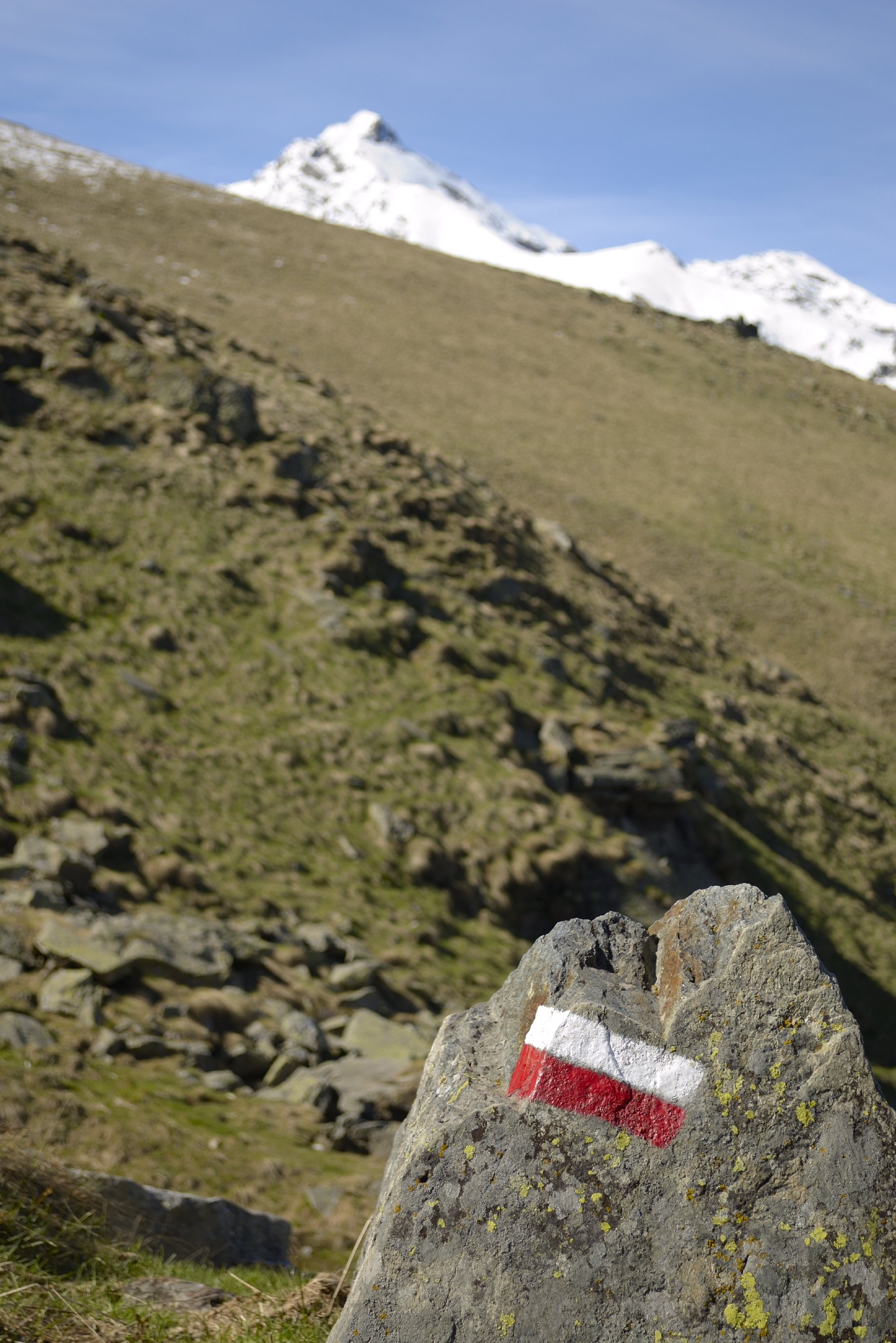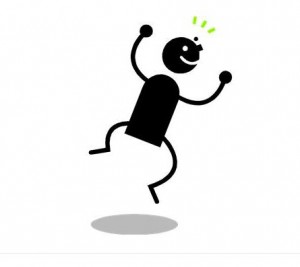 Many of us have been extremely busy during the last months and still are. While the days are slowly becoming longer and the sunlight warmer – at least here in the French speaking part of Switzerland – let me give you some ideas for your daily informal mindfulness practice (and even if you are not practicing every day, this will also be very helpful for you, I am sure).
Many of us have been extremely busy during the last months and still are. While the days are slowly becoming longer and the sunlight warmer – at least here in the French speaking part of Switzerland – let me give you some ideas for your daily informal mindfulness practice (and even if you are not practicing every day, this will also be very helpful for you, I am sure).
- First of all, please take a moment to settle in with yourself, take a deep breath and become aware of the air streaming in and out of your body. Try to feel your feet and how they feel on the ground, whether you are walking, standing or sitting. Move your toes and explore the sensations that you are having right now, in your feet. It might sound strange but it is actually an excellent exercise for grounding yourself and becoming more centred.
- Secondly, become aware of the tensions in your body; how are your shoulders feeling? What about your neck and your back? Is there any particular sensation in one or the other part of your body? If so, try to stay with that sensation for a moment. Explore it in a non-judging way.
- Is it possible to release the tension, intentionally?
- Is it possible to breathe deeply into it?
- Does the feeling change, soften or maybe even go away?
If you are at home, you could also observe yourself in the mirror, watching out for tensions that you are able to see in your face, your jaw in particular.
- Are you clenching your teeth?
- What happens when you smile at yourself, does the tension go away?
- It would indeed be helpful, if you could try to ‘check-in’ with yourself every time you are encountering strong emotions (positive or negative).
- What is happening in your body and where during these strong emotional moments?
Doing this on a regular basis will make you accustomed to your bodily reactions and will help you noticing what is happening even before your brain knows what’s going on. Try it for yourself, you will be surprised of what you’ll find out!
Have an excellent week,
Jenny









